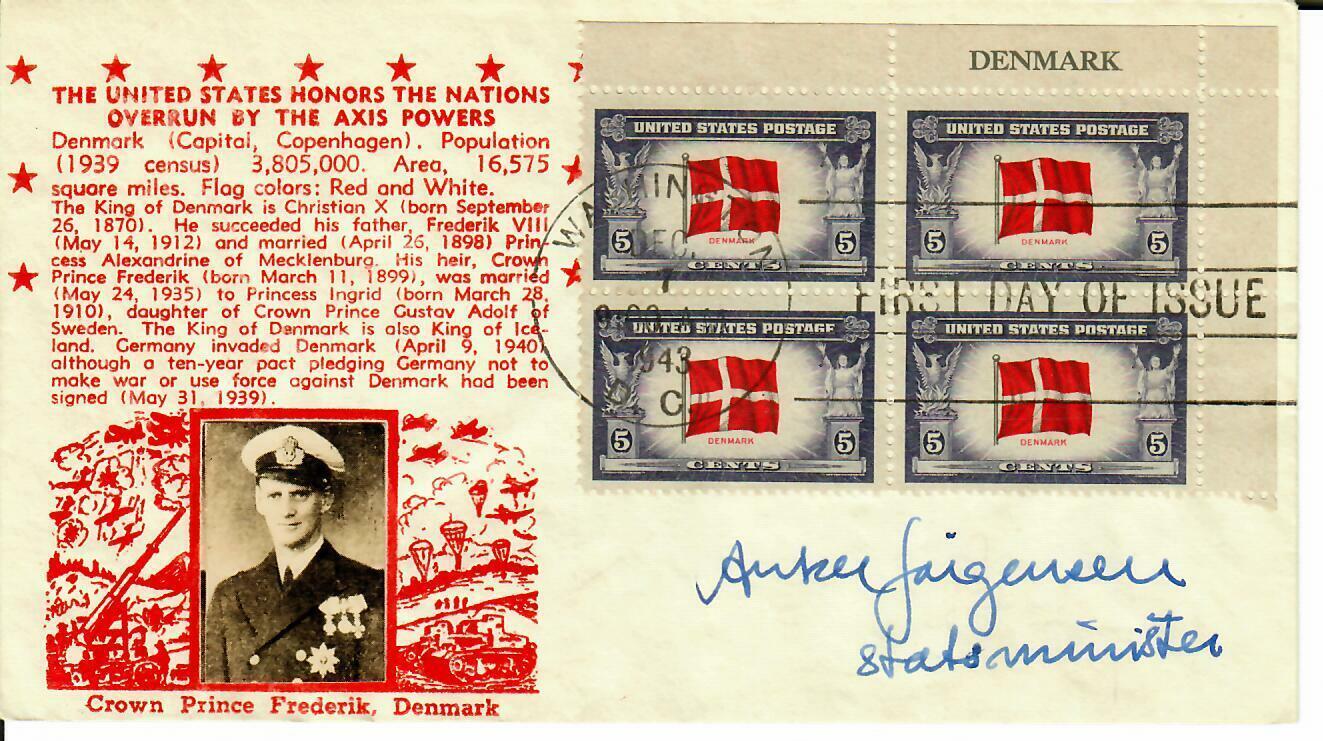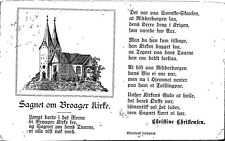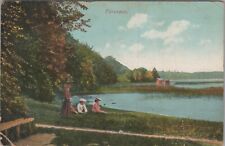When you click on links to various merchants on this site and make a purchase, this can result in this site earning a commission. Affiliate programs and affiliations include, but are not limited to, the eBay Partner Network.
Up for sale "Prime Minister of Denmark" Anker Jørgensen Hand Signed First Day Cover Dated 1943.
ES-7284E
Anker
Henrik Jørgensen (13
July 1922 – 20 March 2016) was a Danish politician who served at various times
as Prime Denmark. Between 1972 and 1982 he led five cabinets
as Prime Minister. Jørgensen was President of the Nordic Council in 1986 and 1991. He led or represented
the Social Democratic Party for
well over 30 years. His legacy is ambivalent. Politically, he is considered by
many right wing followers to have been largely unsuccessful, having failed to
mitigate the impact of the economic crisis of the 1970s and 1980s. Nonetheless,
he is generally respected and even loved throughout Denmark for his personal
integrity and down-to-earth personality, often exemplified by his refusal to
move into the official Prime Minister residence Marienborg, preferring to stay with his wife in their small
apartment in a working class area of Copenhagen. He
has been described as not having the image of a strong or visionary leader, but
through his down-to-earth and earnest demeanor, he managed to maintain wide
support for the Danish welfare state. In 1990, he was chosen to travel to Iraq
to negotiate the release of a group of Danish hostages with Saddam Hussein. Anker Henrik Jørgensen was born on 13 July
1922 to Johannes Albert Jørgensen and Maria Jørgensen, who both died of tuberculosis while he was a child. He was brought up
by close members of his family. He studied at the Royal
Orphanage School [dk], but left
after the 7th grade to work at a warehouse. Through his job as a warehouse
worker he became active in the Special Workers' Union, from January 2005 merged
into Fagligt Fælles Forbund,
and in the Social Democratic party. He served his conscription period in
1943, at the Guard Hussar
Regiment Mounted Squadron in Næstved. He was part of the fighting when the barracks was
attacked by the Germans during Operation Safari. After being repatriated, Anker Jørgensen
then joined the resistance in Copenhagen. He began his political career early, and in 1950
he became a member of a trade union. He led
the Danish General Workers'
Union between 1968 and 1972. Whilst he was chairman of the
union, he was elected to the Parliament of Denmark for
the first of many times in 1964.[2] As a representative of unskilled workers, a
rivalry developed with the leadership of the skilled workers' unions, such of Trade Unions (LO), and its leader Thomas Nielsen [dk],
who referred to Jørgensen as "a complete idiot". As
a member of parliament he was responsible for labor related issues. He located
himself on the left wing of the Social Democratic party, speaking out for
unskilled workers and the jobless, and criticized the leadership of
Parliamentary group leader Per Hækkerup. He also gained attention for his vocal critique
of American engagement in Vietnam. Before the 1972 referendum about whether Denmark should join
the European Economic
Community (ECC), he went against the stated interest of his own
labor union, arguing for a yes. A day after the EEC referendum, Jørgensen
succeeded Jens Otto Krag as Prime Minister of Denmark. He held this position for 14 months
until the 1973 election when
he was succeeded by liberal Poul Hartling. After just over a year in opposition, he
returned as prime minister with a Social Democratic minority government. In
1978, he expanded the government by including the Liberals in a grand coalition government in order to deal with economic
issues. This coalition lasted until 23 October 1979, and for a brief period of two months in 1978 he
concurrently held the position of foreign minister. During this time, Jørgensen
presided over the electoral
age referendum. For the rest of his period in office, he led again
led a Social Democrat minority government. Unable to muster support for tax
increases and spending cuts, he stepped down as prime minister without calling
an election on 10 September 1982, ceding the premiership to the Conservative
leader Poul Schlüter. He did,
however, remain as leader of the Social Democrats until his resignation in 1987
when he was succeeded by Svend Auken. He remained as a member of parliament until 1994.
Throughout his time in office, he showed strong leadership - guiding Denmark
into the EEC and further developing Denmark’s social and welfare systems - but
his policies also created a huge state budget deficit, which was compensated
for by large state loans, increasing the Danish state debt substantially.
Numerous cuts were introduced to counteract this. Nevertheless, a wide range of
progressive social reforms were introduced during Jørgensen's time as prime
minister. A new Social Assistance Act introduced in 1975 simplified
administration, provided new types and (in general) substantially higher
benefits, together with new criteria for granting benefits. The New Basic
Education Act of June 1975 introduced 9-year general, basic education with
optional 10th year and pre-school class, and also established the comprehensive
principle for basic education. The National Holiday Act of April 1979 extended
the obligatory number of holidays to 30 days. Under the law on entitlement to
unemployment benefits of June 1976, the permanently self-employed became
entitled to membership in unemployment funds, and consequently to unemployment
benefits. The Severance Pay Act of November 1978 introduced pre-retirement
remuneration which provided unemployment benefits (for those between the ages
of 58 and 66) in cases of voluntary retirement. Under the Job Offer Scheme
introduced in June 1980, unemployment benefit entitlement for long-term
unemployed persons could not be lost without an offer of a new job. A March
1975 law on regulation of housing conditions improved tenant conditions, while
the Work Injury Insurance Act of March 1978 provided equality for widows and
widowers







